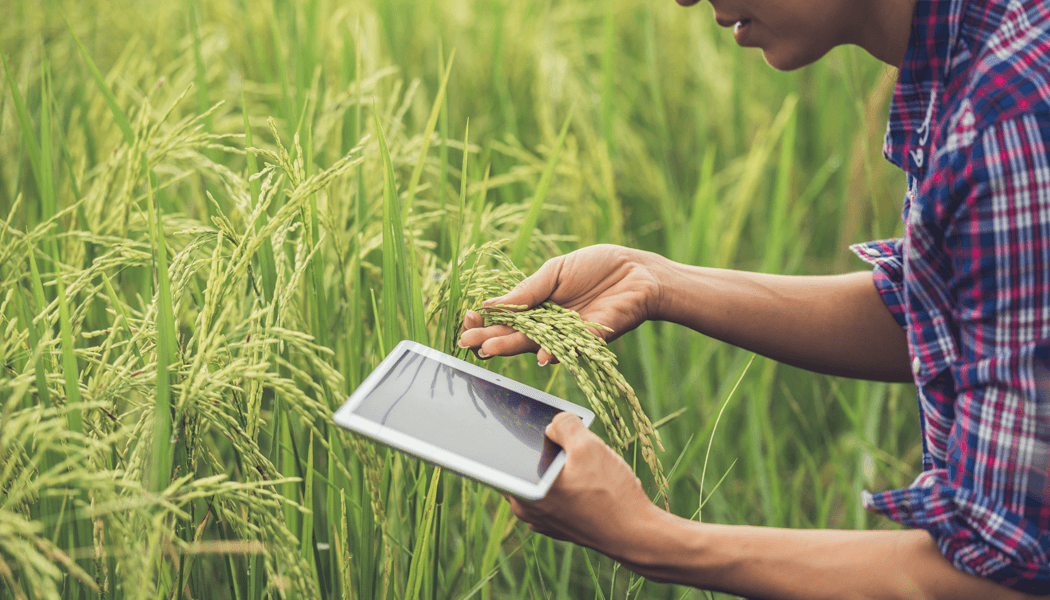The Importance of Eco-Friendly Agriculture
Eco-friendly agriculture, also known as sustainable agriculture, is a farming practice that aims to minimize the negative impact on the environment while maximizing productivity and ensuring the long-term viability of farming. With the increasing concern about climate change and the depletion of natural resources, eco-friendly agriculture has become the future of farming.
Benefits of Eco-Friendly Agriculture
1. Environmental Preservation: One of the key benefits of eco-friendly farming is its focus on preserving the environment. By using organic fertilizers, minimizing chemical pesticide use, and practicing crop rotation, farmers can reduce soil erosion, water pollution, and the release of greenhouse gases.
2. Soil Health: Eco-friendly farming techniques prioritize soil health by implementing practices such as cover cropping, composting, and reduced tillage. These practices help improve soil structure, increase organic matter content, and enhance nutrient cycling, resulting in healthier and more fertile soils.
3. Biodiversity Conservation: Eco-friendly agriculture promotes biodiversity by creating habitats for beneficial insects, birds, and other wildlife. By avoiding the use of chemical pesticides and providing natural habitats, farmers can support the populations of pollinators and natural predators, contributing to a more balanced ecosystem.
4. Water Conservation: Sustainable farming practices, such as precision irrigation and rainwater harvesting, help conserve water resources. By utilizing water-efficient technologies and reducing water wastage, eco-friendly farming ensures the availability of water for future generations.
Techniques and Practices of Eco-Friendly Agriculture
1. Organic Farming: Organic farming eliminates the use of synthetic fertilizers, pesticides, and genetically modified organisms (GMOs). Instead, it focuses on natural inputs, such as compost, cover crops, and biological pest control, to maintain soil fertility and control pests and diseases.
2. Permaculture: Permaculture is a design system that integrates agriculture, ecology, and sustainable living. It aims to create self-sustaining ecosystems by utilizing natural patterns and processes. Permaculture principles include diversity, observation, and working with nature rather than against it.
3. Agroforestry: Agroforestry combines agricultural crops with trees or shrubs to create a diversified and sustainable farming system. Trees provide shade, windbreaks, and additional sources of income through timber, fruits, or nuts. Agroforestry systems also help sequester carbon and improve soil fertility.
4. Precision Agriculture: Precision agriculture uses advanced technologies, such as GPS, remote sensing, and data analytics, to optimize farming practices. By precisely applying fertilizers and pesticides, farmers can reduce input wastage and minimize environmental impact.
The Future of Eco-Friendly Agriculture
The future of farming lies in the adoption of eco-friendly agriculture practices. As consumers become more aware of the environmental and health impacts of conventional farming, there is a growing demand for sustainably produced food. Governments and organizations are also recognizing the importance of eco-friendly agriculture and providing incentives and support for farmers to transition to more sustainable practices.
By investing in research and innovation, farmers can further enhance eco-friendly farming techniques. This includes developing new organic fertilizers, improving precision farming technologies, and exploring alternative farming methods, such as vertical farming and aquaponics.
Eco-friendly agriculture is not just a trend but a necessity for the future of farming. By implementing sustainable practices, farmers can protect the environment, enhance soil health, conserve water resources, and promote biodiversity. With continued research and support, eco-friendly agriculture will play a crucial role in ensuring food security and a sustainable future for generations to come.
































